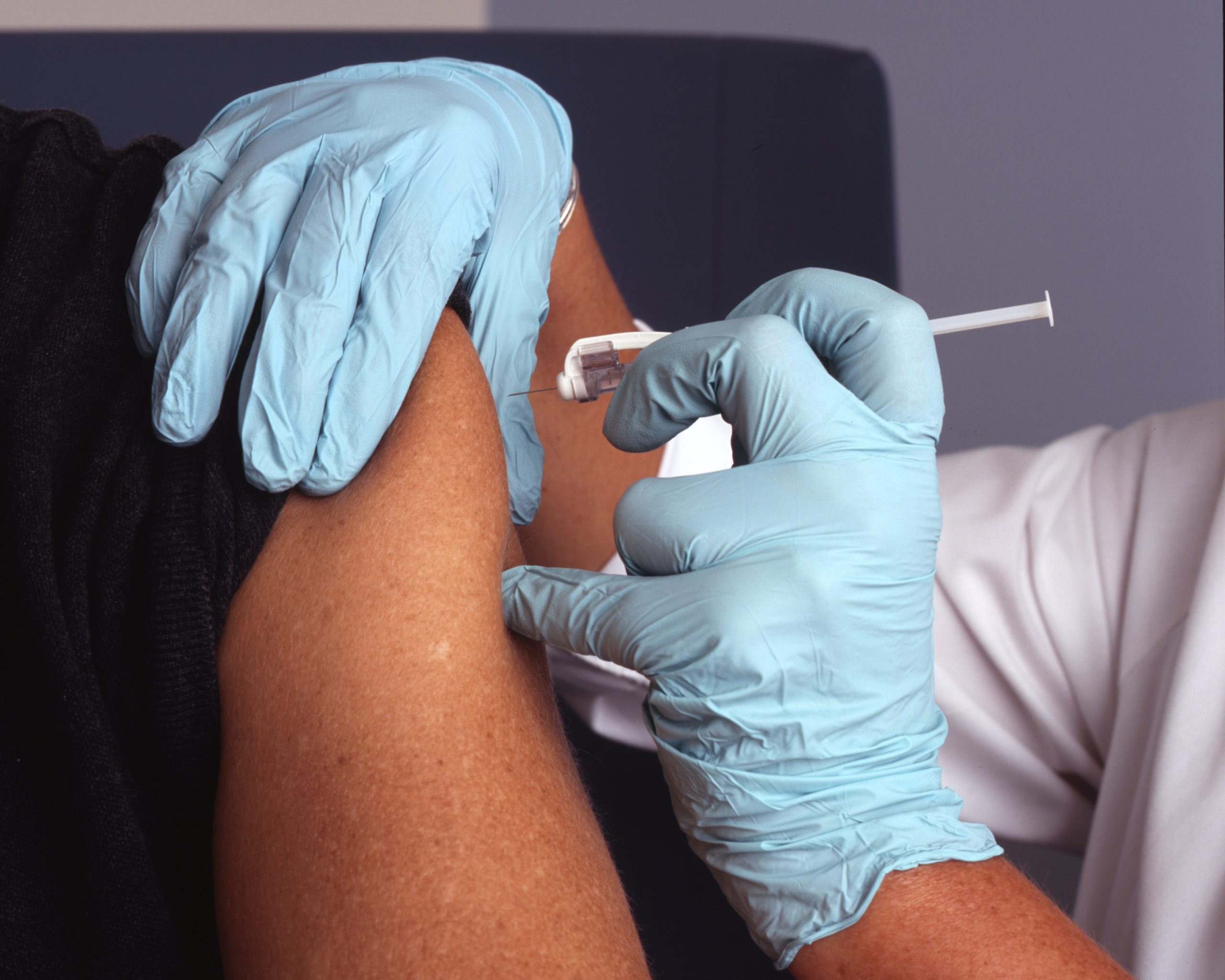
Elevating Patients as Partners in Management of Their Health Data and Tissue Samples
Summary
From HIPAA to doctor-patient confidentiality, the U.S. healthcare system is replete with provisions designed to ensure patient privacy. Most people are surprised, then, to hear that patients in the United States do not legally own nearly any of their health data: data as diverse as health and medical records, labs, x-rays, genetic information, and even physical specimens such as tissue and blood removed during a procedure.
Providing patients with agency over their health data is necessary for elevating patients as partners in their own health management—as individuals capable of making genuinely informed and even lifesaving decisions regarding treatment options.
The next administration should pursue a two-pronged approach to help do just that. First, the administration should launch a coordinated and comprehensive patient-education and public- awareness campaign. This campaign should designate patient data and tissue rights as a national public-health priority. Second, the administration should expand provisions in the Cures 2.0 Act to ensure that healthcare providers are equally invested in and educated about these critical patient issues. These steps will accelerate a needed shift within the U.S. healthcare system towards a culture that embraces patients as active participants in their own care, improve health- data literacy across diverse patient populations, and build momentum for broader legislative change and around complex and challenging issues of health information and privacy.
In the last decade, the U.S. has made significant investments to address the wildfire crisis, including the historic investments in hazardous fuels reduction through the IRA and IIJA.
The widespread adoption of conservation agricultural practices to protect soils is key to ensuring food security and water quality for current and future generations in the United States.
Multiple bioeconomy-related programs were authorized through the bipartisan CHIPS & Science legislation but have yet to receive anywhere near their funding targets.
Through the broad uptake and implementation of the Heat Action Planning framework by key agencies and offices, the federal government will enable a more heat-prepared nation.